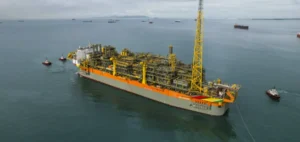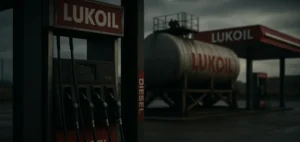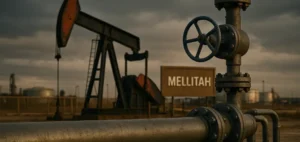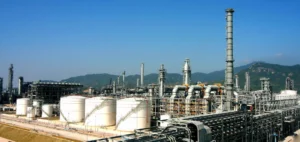Oil exports from Kuwait decline. This situation is prompting China to look for alternatives to maintain its supply of essential raw materials. Asian refiners face a complex situation.
Pressurized oil supply
The reduction in Kuwaiti oil exports is having a major impact on Asian refiners. The latter are largely dependent on the Middle East for more than two-thirds of their crude oil imports. Saudi Arabia and the United Arab Emirates are emerging as the main players to fill the void left by the decline in Kuwaiti exports. This emergence is due to their production and exports of medium and sour crude oil.
“Saudi Arabia and the United Arab Emirates are the main contenders to fill the Middle East supply gap due to their production and export of sour medium barrels,” said Janiv Shah, analyst at Rystad Energy. “It’s unlikely that they’ll be able to fully meet demand.”
Chinese refiners on the front line
Chinese refiners are particularly hard hit by this situation. Having invested heavily in new facilities to process sour crude oil, the reduction in Kuwaiti exports puts them in a vulnerable position. Although Russia has partially alleviated this situation by substituting some Kuwaiti supplies, most Kuwaiti customers will have to spend more for oils of similar quality from other suppliers. These suppliers include Saudi Arabia, Iraq and the United Arab Emirates.
Chinese refineries in difficulty
More than a million barrels a day of new Chinese refining capacity came on stream, exacerbating the pressure on oil supplies. Chinese refineries are seeing their margins shrink as a result of tight supply and moderate demand for petroleum products.
“Almost all refineries in China are designed to process mainly medium-acid crude oil,” said a Chinese oil trader, adding that tight supply would squeeze the margins of Chinese refineries already facing subdued product demand.
Exports to key buyers – China, Japan, South Korea, India and Taiwan – are expected to fall further from October, once Kuwait resumes deliveries to its Nghi Son joint venture refinery in Vietnam after two months of scheduled maintenance.
Impact on Middle Eastern exports and outlook for the future
Crude oil exports from the Middle East are expected to fall by around 8% in the second half of 2023 compared with the first half. Continued production cuts by OPEC members and their allies are contributing to this situation. In addition, new refining capacity focused on sour crude oil is exacerbating supply constraints. These factors could keep supply limited until the end of 2024. The planned commissioning of Kuwait Petroleum Corp’s (KPC) joint venture refinery in Duqm, Oman, is likely to further reduce Kuwaiti oil exports.
“The reduction in 2023 supply was factored into our forward contract discussed last year,” said KY Lin, spokesperson for Taiwan Formosa Petrochemical Corp (6505.TW), adding that negotiations for 2024 supply will begin soon.






















